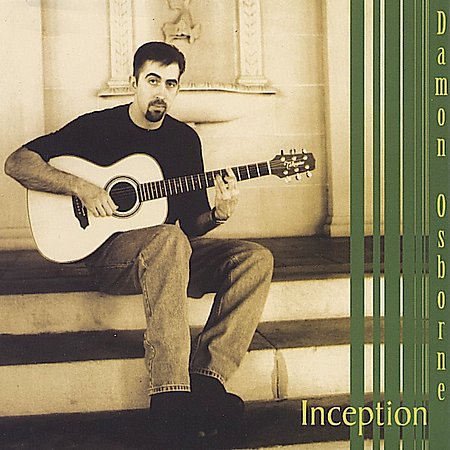
description
or Black survival--that is what the spirituals and the blues are about." James H. Cone revolutionized American theology with the publication in 1969 and 1970 of his first groundbreaking works on Black Liberation Theology--a fusion of themes from the Gospel and the Black Power movement. Some critics challenged him for drawing more on European sources rather than African American history and culture. His response in 1972 was The Spirituals and the Blues, a major examination of the soul-songs that emerged from slavery and Jim Crow oppression. In the Spirituals, as Cone showed, enslaved Black people expressed their deep appropriation of the Gospel message of freedom, and their trust in God's identification with the oppressed. In the Blues, a "secular spiritual" born in the era of segregation and lynching, Black people expressed their dignity, love, and "the gut capacity to survive," amidst all the forces that pressed them down. In her introduction to this anniversary edition, Cheryl Townsend Gilkes writes: "Cone's work established that theology must attend to the questions and the witness of enslaved Africans and their descendants; they have a voice, through their music, in the serious questions of theology. And fifty years after its first publication in 1972, Cone's work retains its enduring witness."
member goods
No member items were found under this heading.
Return Policy
All sales are final
Shipping
No special shipping considerations available.
Shipping fees determined at checkout.







